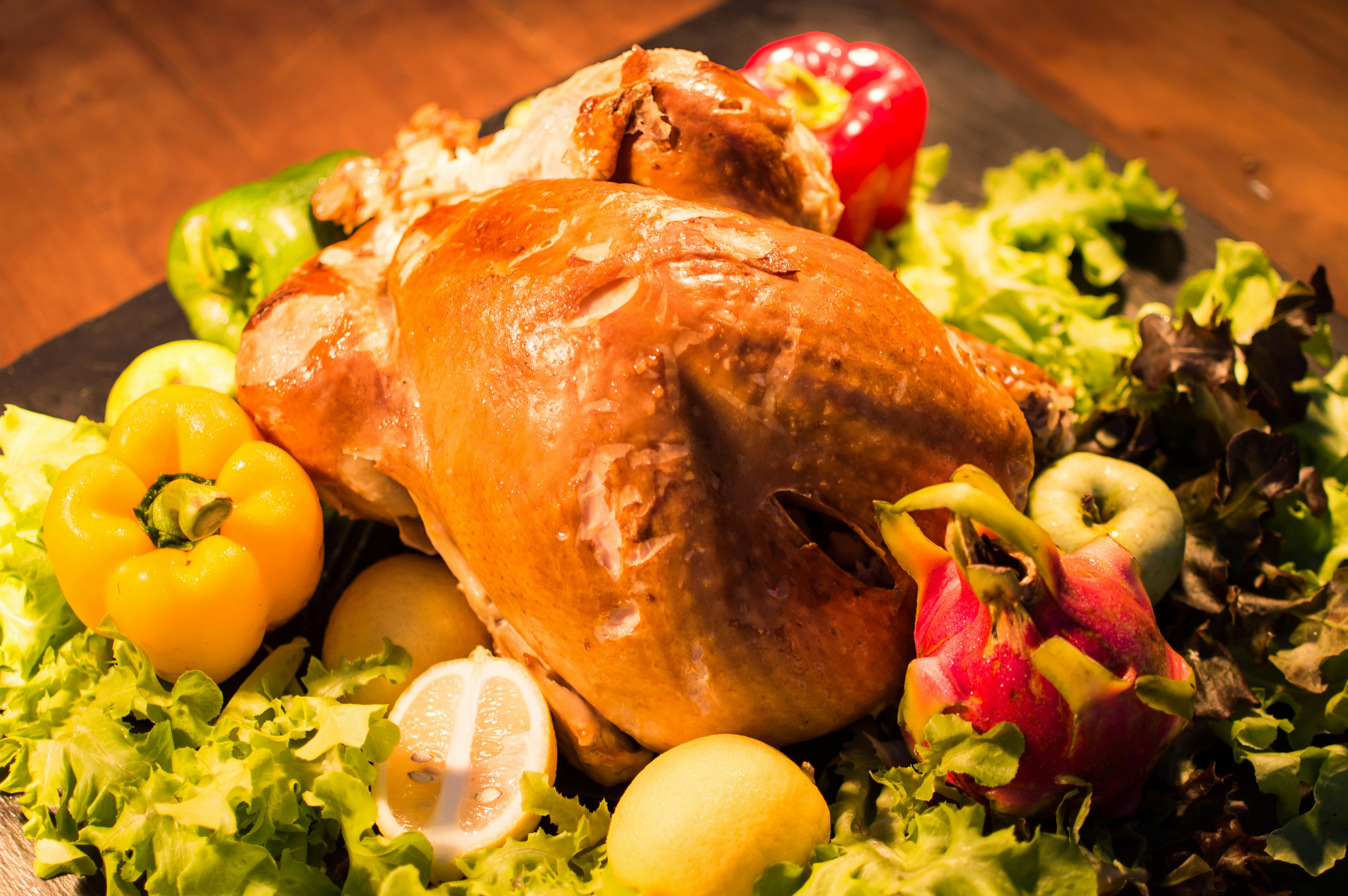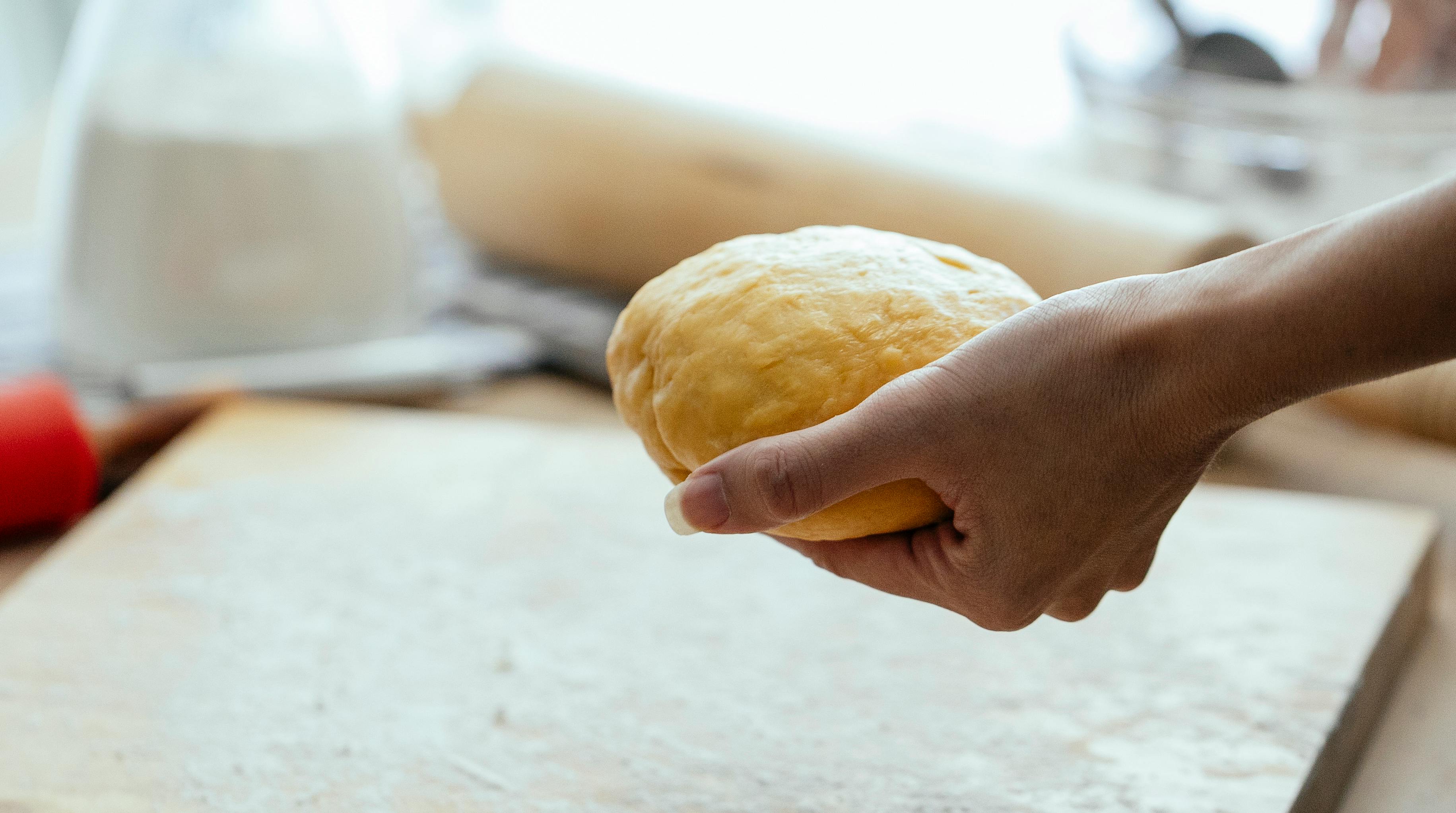The last time I asked the questions, “Who was Weston Price?” and “Why do you have a conference named after him?” I hope you enjoyed it and learned about Dr. Price’s remarkable research and the foundation that bears his name.
Today and in future articles I want to bring you inside the annual Weston A. Price Wise Traditions conference and highlight a few things about it that might just change the way you look at food on a more practical level, every day.
So, just like last time, I’ll preface this article with two other questions.
Question #1: When you go out to eat, do you know what oils are being used in the food?
Question #2: Why does this matter?
The reason I’m asking this is because one of the best things about the conference was the complete lack of industrial oils in food. And when you’re cooking for 1,500 people, this is nothing short of a remarkable achievement. Let me explain why.
Traditionally, cultures used animal fats in their cooking: tallow (beef fat), lard (pork fat), chicken fat, bacon fat, duck fat, etc. Other fats and oils traditionally used in cooking include palm and coconut oils and good old fashioned butter.
Those fats are saturated and when you’re cooking, contrary to popular belief, this is not only a good thing, it’s vitally important. The reason is that saturated fats are very stable at high temperatures, which means that they maintain their chemical structure. Without getting too technical, this basically means that they don’t form free radicals, which are unstable molecules that promote disease and aging in your body.
Unsaturated fats from plant sources also have health benefits, but not when heated. Its chemical bonds are not stable at high temperatures.
To see this process with the naked eye, take an apple and open it up. It turns brown pretty quickly, right? It is a process called oxidation (formation of free radicals). This is what happens to any fruit, nut, or seed when you crack it open and expose the contents inside.
To extract the oils, they are pressed in mechanical processes that generate friction and therefore heat, which increases oxidation. However, if done under the right conditions, the integrity of many oils can be maintained. Oils referred to as ‘cold pressed’ are made at temperatures that prevent damage. After pressing, these delicate oils must be stored protected from light, heat and humidity. This is why you will see good quality oils stored in dark glass bottles.
Unfortunately, for the food industry, cold pressing of oils is not profitable. Then they press them at high temperatures and pressures to extract them faster and in greater quantities. This damages the oils and, in turn, damages your body.
These refined oils have been a part of our food supply for over a hundred years! Crisco was introduced in 1911 and was the first shortening made entirely from vegetable oil. This is the time when heart disease rates began to rise dramatically in industrialized countries.
Right now, take a look at the products in your refrigerator and kitchen cabinets. Unless you’re aware of this, I can almost guarantee you’ll see corn, cottonseed, canola, and/or soybean oil in just about everything: your salad dressings, mayonnaise, crackers, chips, canned goods, and even things like bread.
These four oils have increased dramatically in our food supply since World War II. I call these four the “Quadruple Bypass” not only because of their association with heart disease, but also because anytime you see these four oils in anything, avoid them!
Unfortunately, they can be hard to avoid because they are found in almost all packaged foods. That includes Trader Joe’s and Whole Foods. To avoid them completely you have to cook! I mainly use coconut oil and butter in my cooking. And when I roast a chicken, I save the fat from the chicken. I’ll also save some fat when I make a broth. And it’s not hard to make your own lard if you can find a good source of pork fat. All of these fats are traditional and acceptable cooking fats.
However, it is practically impossible to do this when you go out to eat. Go ahead and ask your server what oils are being used. I would almost recommend that you don’t. You will be horrified.
Having waited tables for many years in restaurants, I can tell you that industrial oils are in almost everything you eat. I don’t care if your favorite restaurant sources its food locally. Brilliant. But they are still not using good oils.
The reason is that they can’t. It’s just not profitable because they use a lot of them. They use these oils in all of their sauces. They use them in their salad dressings. They use them on their grills, skillets, and sandwich presses to keep food from sticking. They also usually coat their meats with them just before putting them on heating surfaces. They usually do the same with the hot sandwich buns. Simply put, they use a LOT of these oils.
And note the “0 grams of trans fat” label with a deceptively small “per serving” underneath?
This means they have trans fats. That is not a misprint. Let me repeat it so that it is clear. If you see “0 grams of trans fat per serving” on a label, it means it has trans fat.
Just look at the ingredients label. You will almost always see the word “hydrogenated” followed by one of the Quadruple Bypasses. Hydrogenation is a process that creates trans fats. So how can they claim 0 grams of trans fat per serving?
Due to intense lobbying by the food industry, the law allows companies to claim 0 grams of trans fat per serving if the serving size is 0.49 grams or less. So the companies increase the serving sizes so they can be under 0.49. That’s why the words “per serving” are always in fine print.
Are you already shaking your head in disbelief?
Otherwise, you would be if you knew that the research connecting trans fats to chronic disease is as strong as the research linking smoking to lung cancer. Fortunately, most people today know that trans fats are devastating to human health. Some places are even trying to ban them. New York City did it a few years ago. This, of course, is met with great resistance from the food industry.
So what exactly are trans fats?
As I mentioned earlier, trans fats are formed in a high-tech process called hydrogenation. This process turns liquid oils into solid fats.
Hydrogenation does two things to food. Number one, it increases the lifespan. And two, it makes it useful for baking. Traditional fats like lard and butter give substance to things like cakes, pies, and cookies. Try using soybean oil instead of butter when making cookies. You will get a flat and greasy biscuit.
But if you use hydrogenated soybean oil, you now have a solid fat. You can now mass-produce baked goods, since hydrogenated oils are much cheaper than real traditional fats. Take a look at almost any Hostess product: Twinkies, Ding Dongs, etc. You will see them there. Take a look at the labels of the major snack/junk food companies. You will see them there.
And finally, there is another reason why restaurants cannot use good quality oils. It’s because we’ve been collectively brainwashed into thinking saturated fat will clog our arteries. A chef or restaurant owner who wanted to use, say, lard in the fryer instead of canola oil, would have to deal with the headache of constant customer complaints about low-fat diets prescribed by the doctor and the statins.
How many people do you know on low fat diets and on medication? I guess more than a few.
So what can you do?
Well, aside from never eating out again, not much. But here are two tips. First, most restaurants have olive oil and balsamic vinegar that you can use in place of your salad dressings.
Second, when you go out for breakfast, ask your server to make sure the chef cooks your eggs or pancakes in butter. The same goes for any hot sandwich. They’re sure to give you a quizzical look. In fact, once you start incorporating more traditional foods into your diet, you’ll get a lot of strange looks. Get used to it.
Some of my nutritional therapist friends even bring their own oils and kindly ask the kitchen to use them. Most are happy to oblige. A curious waiter/waitress or even a curious cook might even ask you why. This is your chance to educate them!
And that’s why cooking for 1,500 people for 3 days in a commercial kitchen operation without the use of industrial oils is a truly amazing feat.
Not a hint of canola oil. Not a drop of soybean oil. No cottonseed oil. No Mazzola corn oil. Without Weson. No cooking sprays Pam.
This is not convenient. It is not efficient. And it’s not easy.
One of the most moving moments of the conference was during the Saturday night banquet when Sally Fallon brought together all the chefs who spent the weekend preparing and cooking food traditionally for 1,500 people.
When they walked out on stage they received a standing ovation.




